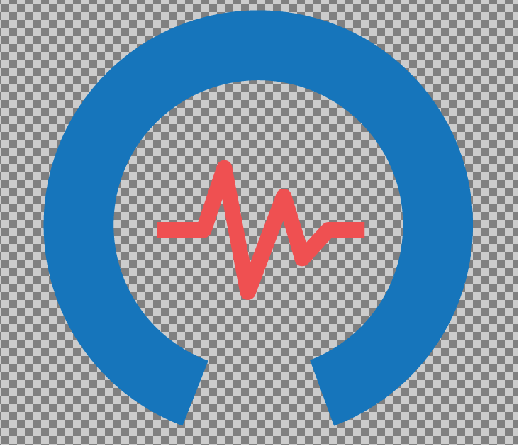Cross-structures Deep Transfer Learning through Kantorovich potentials for Lamb Waves based Structural Health Monitoring.
Abstract
In Lamb Waves based Structural Health Monitoring (LWSHM) of composite aeronautic structures, Deep Learning (DL) methods have proven to be promising to monitor damage using the signals collected by piezoelectric sensors (PZTs). However, those data driven algorithms are strongly problem dependent: any structural change dramatically impacts the accuracy of the predictions and the generalization of the learnt algorithms to other structures within the fleet is impossible. Transfer Learning (TL) promises to face that issue by capitalizing on the knowledge acquired on a given structure to transfer it on another from the fleet. An original TL approach based on the Optimal Transport (OT) theory is proposed here to handle this issue. OT provides a rigorous mathematical framework for TL that can be practically implemented using Input Convex Neural Networks modelling Kantorovich potentials but that has never been used for LWSHM. Using OT, the knowledge acquired on a rich LW database is transferred to poorer LW databases collected on different structures with rising structural divergences. A Structural Index (SI) is defined and used to compute the gap between those different structures and can be used to estimate a priori the necessity of the use of TL methods. The proposed OT based TL method for LWSHM manages to reduce by almost 50\% the predictions errors between numerical structures with strong differences (bias in mechanical properties and erroneous PZT position) in comparison with standard approaches. That leads to a promising approach to combine rich numerical database with poorer database in order to build robust algorithms for LWSHM of a fleet of aeronautical composite structures.

